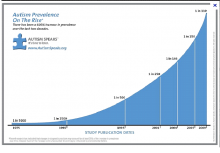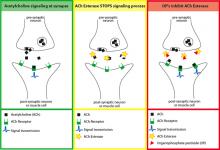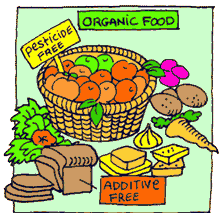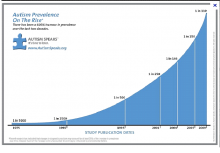Verhogen pesticiden het risico op autisme?
- Read more about Verhogen pesticiden het risico op autisme?
- Log in to post comments
Wetenschappelijke bewijzen stapelen zich op: bepaalde pesticiden lijken het risico op autisme te verhogen. Het is zaak te achterhalen hoe dat precies in zijn werk gaat. In de Verenigde Staten wordt één kind op 59 geboren met autisme. De cijfers dateren van 2018 en zijn twintig procent hoger dan in 2016. In sommige staten, zoals New Jersey, waar de diagnostische methodes bijzonder efficiënt zijn, heeft zelfs één kind op 34 de ontwikkelingsstoornis. Meer dan de helft van hen heeft een IQ onder de 85, wat op het randje is van een intellectuele stoornis.









